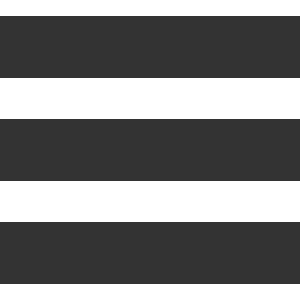

專業守則
- 一名人士如違反專業守則的任何一部份,可能須接受管理委員會召開的研訊。雖然有些事項未有在守則內提及,管理委員會仍可就這些事項,判定一名人士曾有違反專業道德或不正當的行為。
- 假如一名人士在執行職務時,曾作出同業認為不名譽的事情,或因不作為而導致該等不名譽的事情,而這些同業均為能幹且具有良好聲譽者,委員會則認為該名人士犯有專業上不當行為。
- 委員會強調,無論守則內容如何,委員會仍會獨立考慮提交的每一宗個案。
- 委員會並強調,一名人士如被法庭定罪,委員會必須接納法庭的裁決,作為該名人士犯罪的決定性證據。因此,一名被控刑事罪的人士,在被勸認罪或對判罪不予上訴,以避免張揚或嚴厲刑罰時,應考慮這一點。因為一旦他被法庭裁定罪名成立,則不可以向委員會辯稱他事實上是清白的。所以,如果認為可提出答辯,在法庭上承認有罪,實屬不智。
- 任何行為應否列為專業上不當行為,由委員會全權決定。
- 一名人士如欲就因某個別情況而產生的專業行為問題尋求詳細的指引,則應向所屬專業團體、本身的法律顧問或資深同事徵詢。委員會僅具准司法職權,固此並不能直接向個別人士提供指引。
- 委員會秘書如接獲對某人的投訴,或有關某人的資料,須將之轉呈初步調查小組。該小組隨即決定該有關人士是否須向委員會提交答辯。
- 一名人士如欲就因某個別情況而產生的專業行為問題尋求詳細的指引,則應向所屬專業團體、本身的法律顧問或資深同事徵詢。委員會僅具准司法職權,固此並不能直接向個別人士提供指引。
- The Board considers a person to have committed a misconduct in a professional respect if that person, in the pursuit of his profession, has done something or omits to do something with regard to which it will be reasonably
- The Board considers a person to have committed a misconduct in a professional respect if that person, in the pursuit of his profession, has done something or omits to do something with regard to which it will be reasonably regarded as disgraceful or dishonourable by his professional brethren of good repute and competency.
- The Board wishes to emphasize that whatever is contained in the Code, every case referred to it will be considered on its own merits.
- The Board also wishes to emphasize that, in considering convictions, it is bound to accept the determination of a court as conclusive evidence that the person was guilty of the offence of which he was convicted. A person who faces a criminal charge should remember this if he is advised to plead guilty, or not to appeal against a conviction, in order to avoid publicity or a severe sentence. It is not open to him, if he has been convicted of an offence, to argue before the Board that he was in fact innocent. It is therefore unwise for a person to plead guilty in a court of law to a charge to which he believes that he has a defence.
- The Board alone decides whether any course of conduct amounts to unprofessional conduct.
- If a person desires to have detailed advice on questions of professional conduct arising in particular circumstances, he is advised to consult his professional association, his own legal adviser or senior colleagues for advice. The Board, having a quasi-judicial function, is not able to advise individuals directly.
- When the Secretary of the Board receives a complaint against a person, he refers the complaint or information to the Preliminary Investigation Committee. This Committee decides whether or not the person concerned has a case to answer before the Board.
- If a person desires to have detailed advice on questions of professional conduct arising in particular circumstances, he is advised to consult his professional association, his own legal adviser or senior colleagues for advice. The Board, having a quasi-judicial function, is not able to advise individuals directly.




